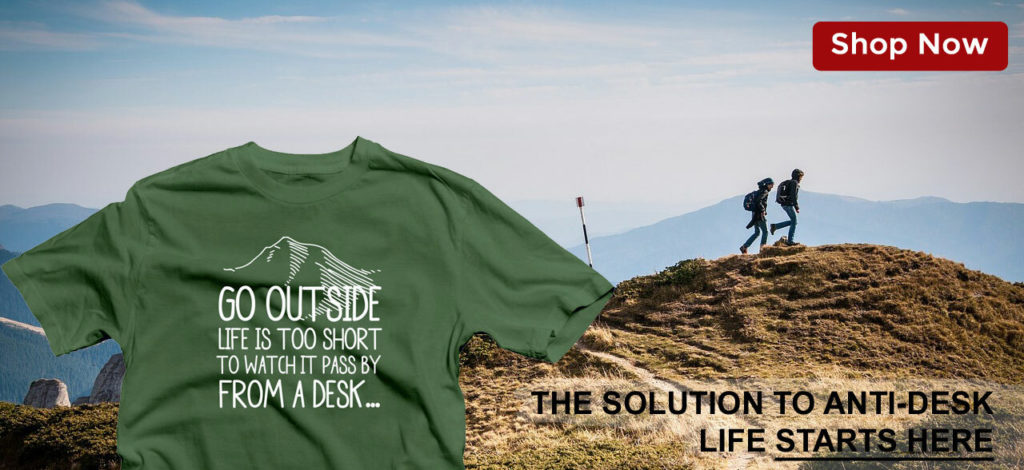Shark Week on Discovery Channel is causing a frenzy (pun intended) once again. The entire spectrum of the TV viewing audience tune in to watch shows on shark attacks. I give major kudos to surfers and sea kayakers who travel beyond knee deep water to pursue their passion – I live in Florida and have been to the beach a thousand times, yet still get weary venturing beyond the wave breaks.
Sea kayaking is fun as hell, whether you’re riding waves or just taking long smooth strokes along the Oregon Coast. But with sea kayaking comes the potential to run into danger when in the water. That danger I’m speaking of isn’t flipping over on a wave… it’s sharks. Big, mean, hungry sharks.
I’m not trying to scare you out of the water – I just want to educate you because it can be dangerous if you don’t know what you’re doing. Follow these five tips to help prevent shark attacks.
1. Avoid shark infested waters
This one is quote obvious. If you’re setting up on the beach and see a large sign posted that says “Recent Shark Attack” or “Shark Infested Waters” then you might want to consider a different spot for your kayaking trip. Sharks could be anywhere, but try to avoid areas where they are known to be.
2. Paddle in groups
Ever wonder why dolphins swim in pods? It’s for protection. Sharks are less likely to attack if there is a large number in your group. They often go for the straggler or isolated prey. The more paddlers you have in your group the better. It’s too risky for them to attack something in a group and potential start a fight.
3. Be graceful – don’t splash the paddle
Sharks are attracted to loud noises and splashes. I just saw this on Discover two nights ago during Shark week – a guy put a plastic bottle in the water and started crinkling it with his hands under water. The sharks could sense it from miles away. They can also pick up vibrations from splashing paddles on the water. You might think its fun to splash and get everyone wet but sharks will associate that with a struggling prey.
4. Don’t chum the waters
Another tip that might seem obvious, but is often overlooked. By chumming the waters I mean anything from throwing half a sandwich overboard to peeing/pooping in the water. Basically doing anything that would extract a strong sense of smell into the water. Sharks will pick that up in no time and head directly to you.
5. Stay close to shore
Sharks typically feed in deeper water. Now that doesn’t mean they won’t come close to shore or into the wave breaks, but you’ll have a much safer ride if you stay close to the store.
Do you have any tips you’d like to add to the list that can help prevent shark attacks? Post a comment and let us know.



